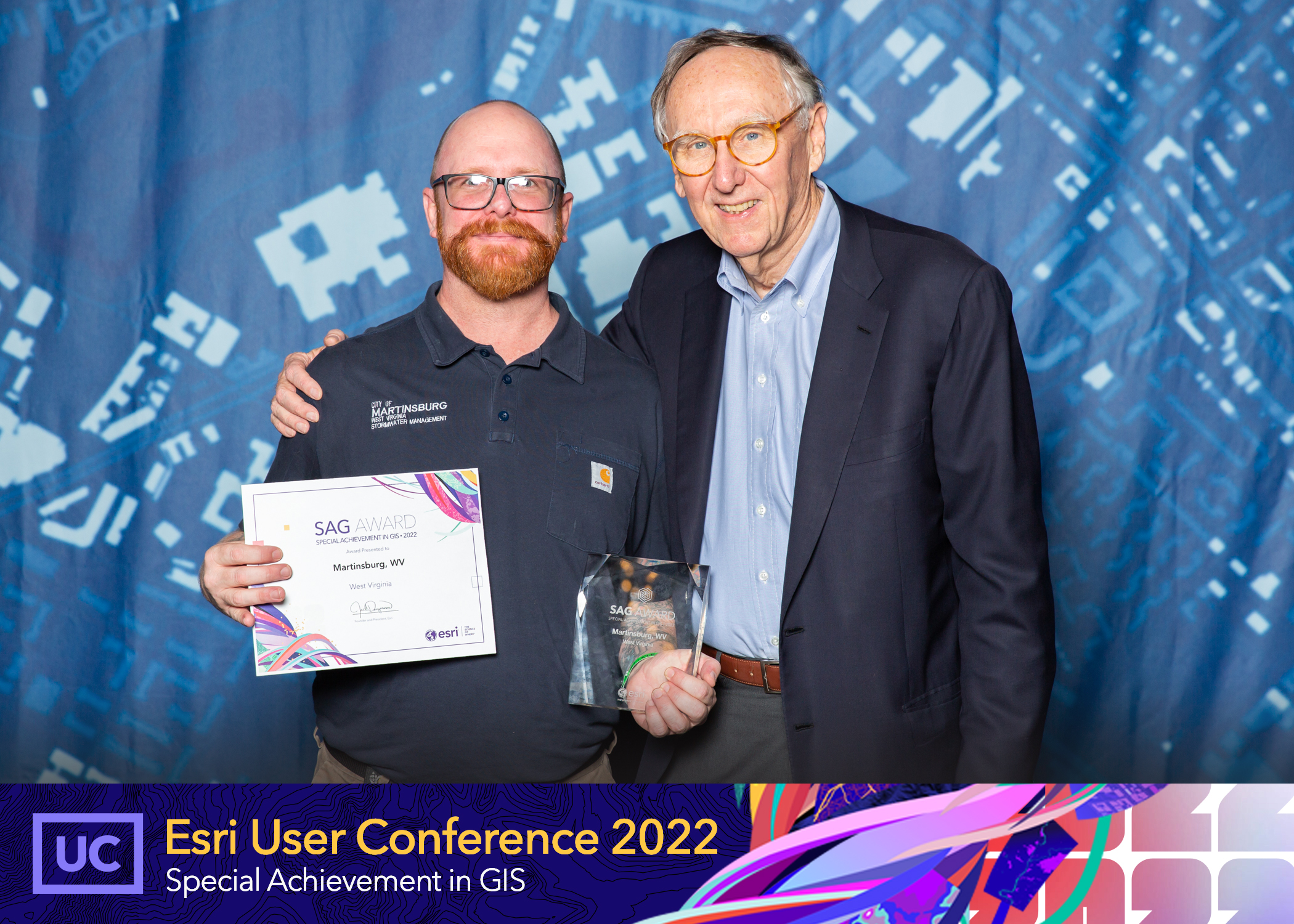Graduate Student Spotlight | Jared Tomlin

"The campus is beautiful, the tuition is affordable and the school is highly rated. On top of all of that, Hood has a track record of students participating in NASA-funded internship programs, like DEVELOP, where I knew I wanted to be."
Jared Tomlin, M.S.'23
Program
- Environmental Biology (M.S.)
Department
- Biology
Jared Tomlin is currently enrolled in Hood College’s environmental biology M.S. program and is expected to graduate in spring 2023. Outside of Hood, Jared currently interns as a stormwater program manager in Martinsburg, West Virginia. He also participated in two NASA DEVELOP terms at Goddard Space Flight Center.
We spoke with Jared to learn more about his time in the environmental biology department and the various experiences that helped prepare him for the program.
Why did you choose Hood College?
As a California transplant living in West Virginia, I did not want to go through another move with my family while still in school. Online GIS courses were available, but I wanted to attend a physical classroom.
Hood College is close to Shepherdstown, while also offering the courses and programs that I was interested in. Plus, those courses were tailored towards adults with jobs and families like mine.
The campus is beautiful, the tuition is affordable and the school is highly rated. On top of all of that, Hood has a track record of students participating in NASA-funded internship programs, like DEVELOP, where I knew I wanted to be.
You recently participated in the Esri User Convention in San Diego. What was that like?
It was massive! I think there were 15,000 people in attendance. In terms of the content that was available there, it was like “drinking from the fire hose.” It was nice to be around so many in the community that “speak the language” and deal with the same successes and obstacles.
How did you earn the Special Achievement in GIS Award?
I started as a stormwater GIS intern in 2016, when the City of Martinsburg did not have much of a GIS program. The city government had just started stormwater intern programs.
Since then, Martinsburg has developed many internal and recently public-facing apps that tie spatial data to the city’s infrastructure and efforts. These apps include “Find My Watershed” and “Stormwater Utility Fee Estimator.” Essentially, we got the award by leveraging GIS throughout the city and having our first public-facing applications.
How did studying at Hood prepare you for the convention?
Hood College has been instrumental in all of my graduate and professional efforts since I started attending. The standards for papers, presentations and deliverables are high. The professors expect the students to be challenged. I was on a path to success, and Hood provided a venue for sharpening those necessary skills. Paramount among those skills is to network through internships and experiences like the Esri User Conference.
What advice would you have for other environmental biology students from your experiences at the convention?
If you can go, do it! They have job postings, meetups, sessions and opportunities to talk with varying Esri representatives on the conference floor. I was able to visit booths from other services we use at the city as well: Nearmap, Fulcrum and 2nd Nature. There are many opportunities to showcase your work, interact with advanced technology and meet people from all over the world who all have the same passion as you.
Is there anything else you would like to say about yourself, Hood College or the convention?
Keep moving forward and remember how important your network is. Take advantage of opportunities to travel and showcase your work whenever possible.
Inspired by Jared’s story and ready to #GOFURTHER in your career? Learn about Hood College’s graduate programs, including the environmental biology master's and GIS certificate programs, by clicking here.
Are you ready to say Hello?
Choose a Pathway
Information will vary based on program level. Select a path to find the information you're looking for!
